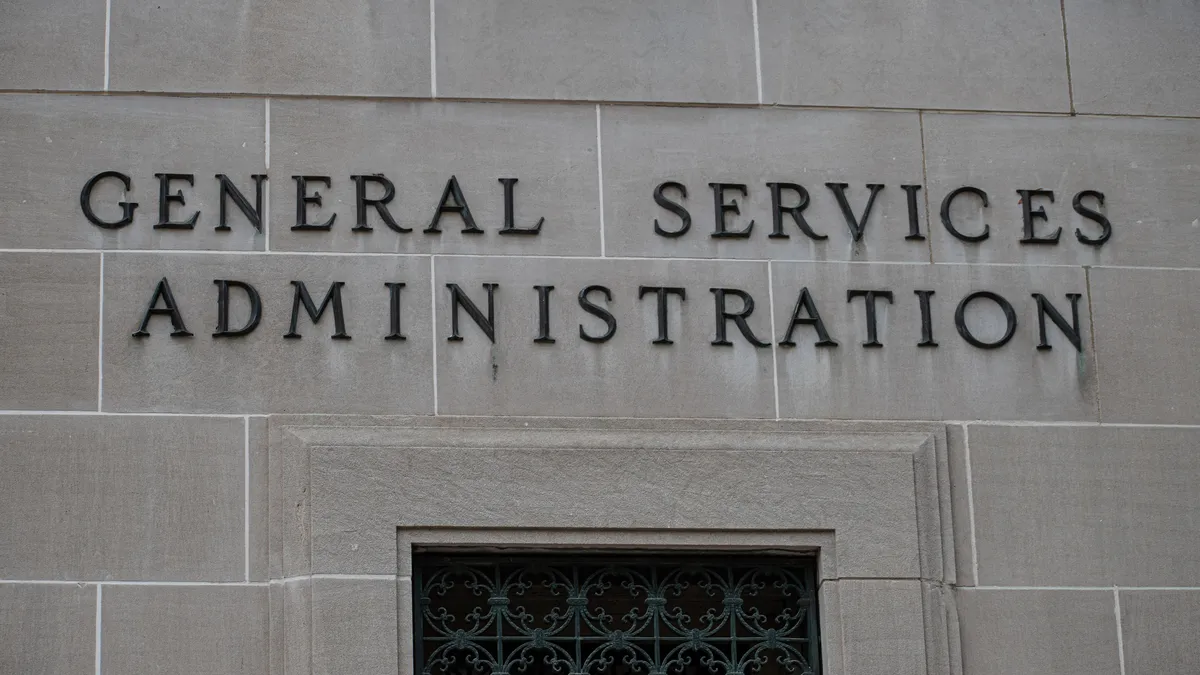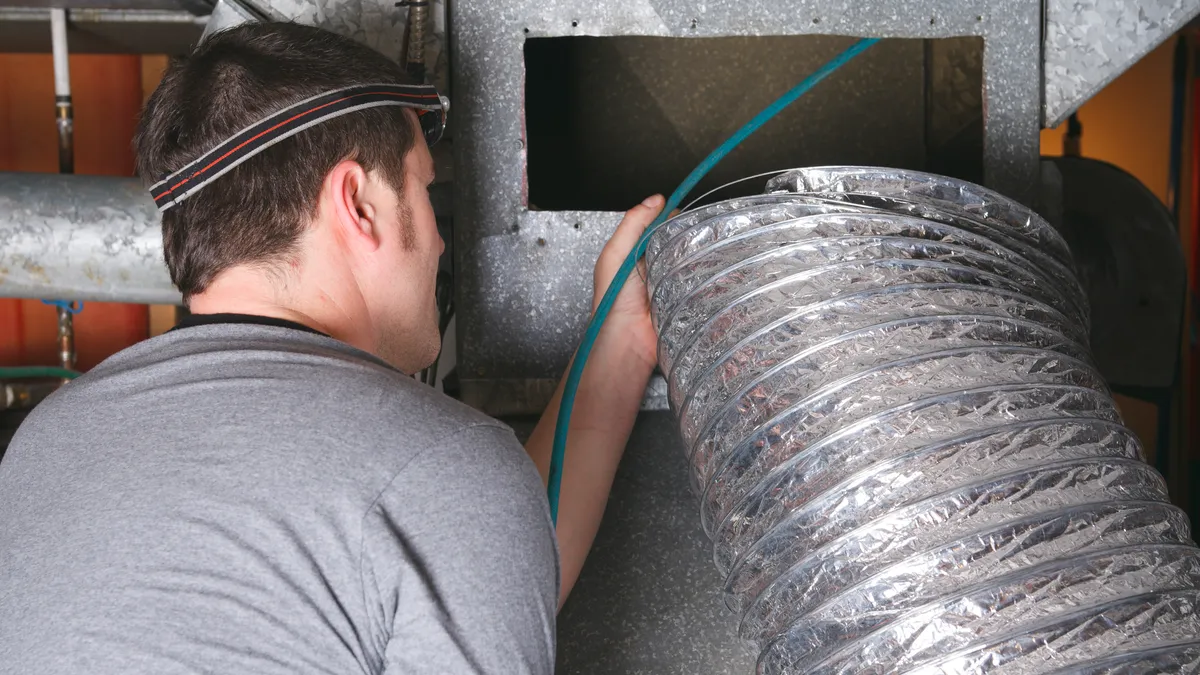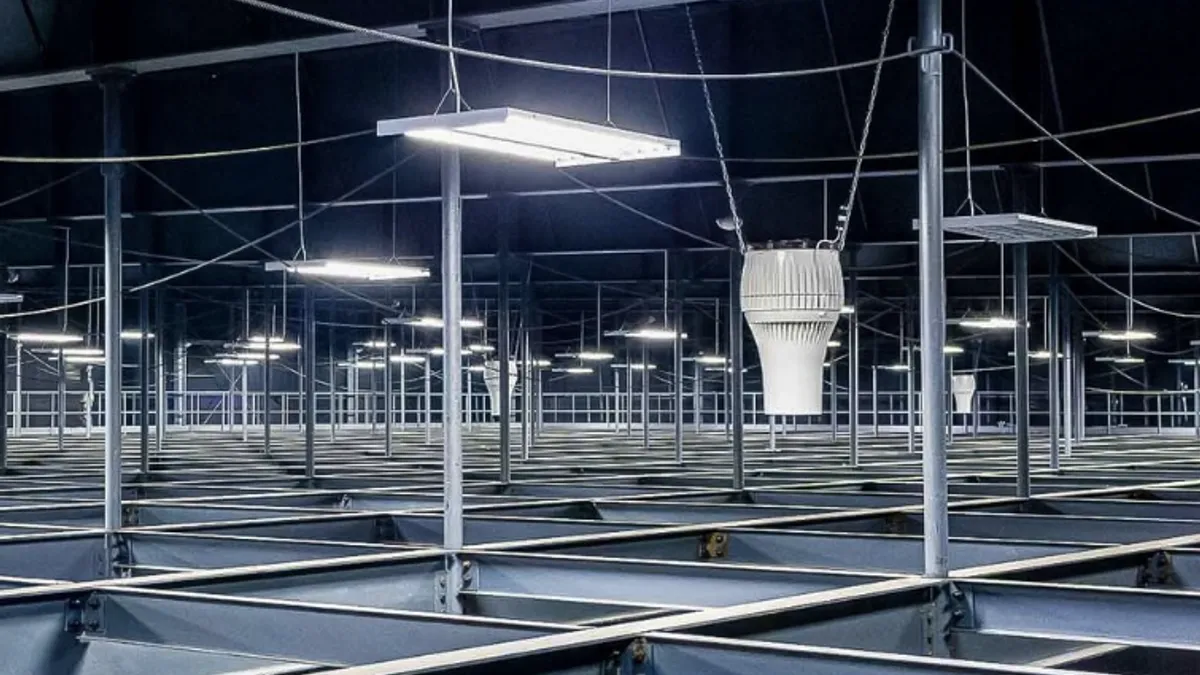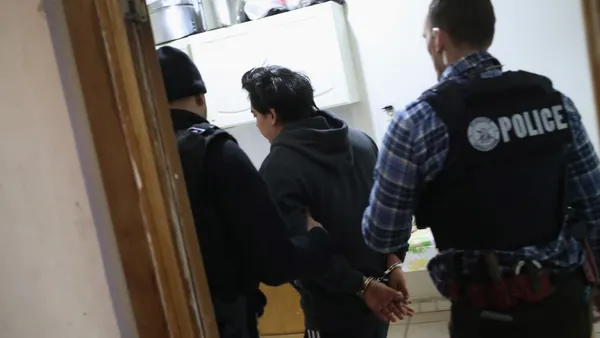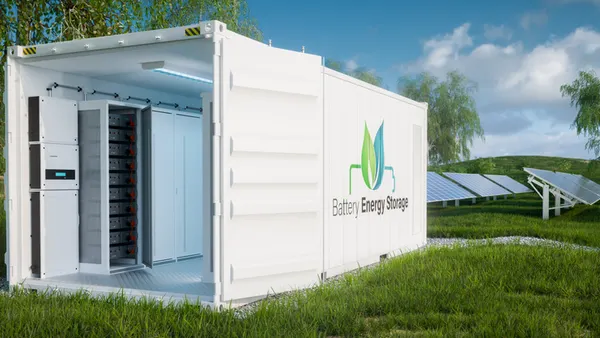With about 3,606 of 7,593 leases set to expire between 2025 and 2029, U.S. General Services Administration officials saw an opportunity to identify expiring leases near federal coworking spaces as a way to potentially bring federal employees back to the office.
However, the agency has not collected sufficiently accurate data on the use of coworking spaces, which limits its ability to draw firm conclusions from its federal office sharing pilot program, a report from the U.S. Government Accountability Office found. The report, released in September, adds that GSA has not established clear criteria for determining the scalability of the pilot program. The lack of such criteria prevents GSA from adequately assessing whether coworking can be integrated on a broader scale, the report suggests.
Additionally, GSA has not developed a system to track federal coworking’s progress against its long-term goal of cost and space savings, the report says. While GSA officials have told GAO the agency will use its lease cost avoidance methodology and lessons learned from the pilot, the system has not yet been developed because GSA did not expect federal agencies to make long-term commitments to federal coworking while the project is a pilot.
GSA launched the pilot program last July as part of an initiative, Workplace 2030, conducted from September 2020 through October 2023, to lead and support the federal government’s return to the office and future of work, the report says. The pilot program allows agencies to access shared office space in six federally owned or leased buildings nationwide. Federal employees could also reserve and use office space at GSA’s Workplace Innovation Lab in its Washington, D.C., headquarters, similar to the coworking locations, according to the GAO report.
In developing the pilot, GSA used surveys and focus groups to identify agencies’ coworking needs. Features federal agencies identified as important included WiFi, meeting rooms, private workspaces, kitchens and proximity to public transportation. While scouting for sites for the pilot, GSA considered criteria such as building amenities, as well as underutilized space and expiring leases for federal agencies, drawing on funding from existing sources to support these efforts, GAO says.
Between May 17, 2023, and Aug. 1, 2024, at least 924 users from 59 federal entities have visited federal coworking spaces at least 1,839 times, according to GSA data cited in the GAO report. GSA’s data relies on users scanning a QR code to check in at coworking sites, but not all users comply and the agency may not be capturing all user activity, although staffers attempt to manually record missing data, the watchdog says.
Further, GSA may not be fully capturing user satisfaction with the coworking space as it sends satisfaction surveys only to users who check in to the space, according to the report.
In a letter to Gene Dodaro, U.S. comptroller general, sent Aug. 20, GSA Administrator Robin Carnahan said the agency concurs with the GAO’s recommendations. A new automated reservation system, expected this fall, will “enhance GSA’s usage data,” but since the system may not capture customers who do not check in, “additional personnel or technology may be needed to ensure that everyone working at the coworking site is accounted for,” Carnahan said.
The GSA has begun to assess the bandwidth of scaling the pilot in four key areas — customer acquisition, site expansion, regional expansion and market expansion, Carnahan said. GSA has also developed a cost estimator tool it can use to compare customer agencies’ current rent and the anticipated cost savings, if coworking took the place of a traditional lease. “As the program transitions from the pilot phase, GSA anticipates future cost avoidance, which will also be tracked and reported,” Carnahan said.



